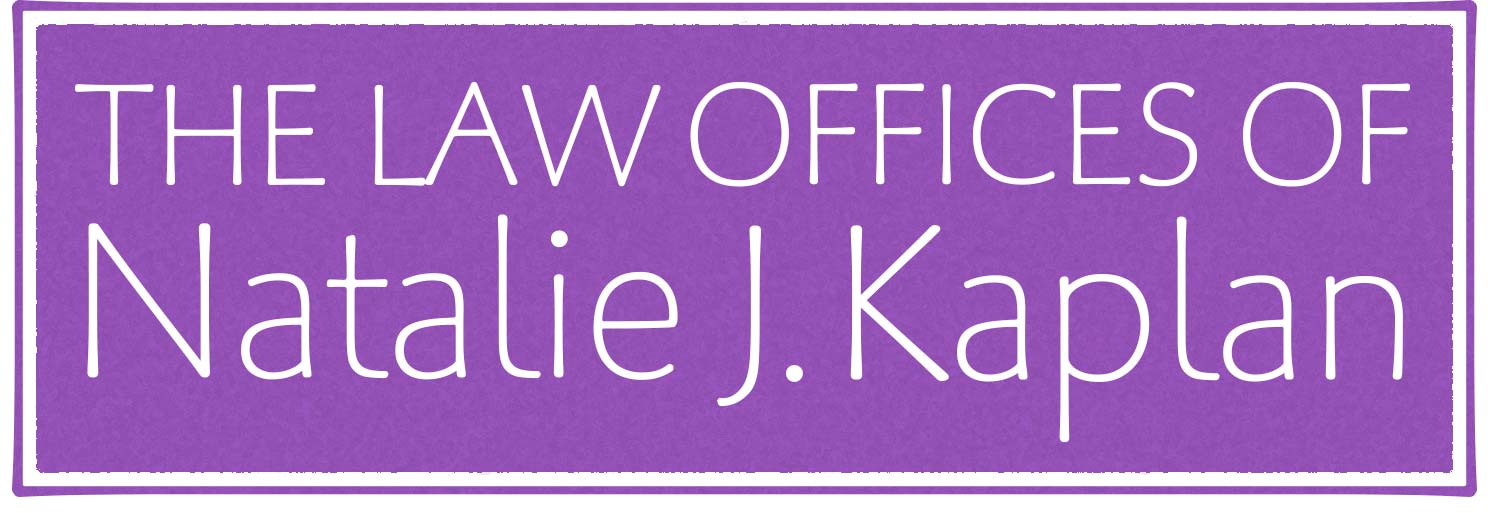




Elder law is a specialized area of law, with a unique focus. Its primary goal is to protect the interests of older adults, in case of future incapacity. My areas of practice include: Powers of Attorney
Living Wills
Health Care Proxies
Patients’ Rights Litigation
Guardianships
Elder Abuse
Medicaid Planning & Asset Protection
Home Care Medicaid
Nursing Home Medicaid
Nursing Home Abuses
Long Term Care Insurance
Wills and Trusts
Special Needs & Disability Trusts
Probate and Trust Administration
Estate Administration
¶Legal documents play an important role among the strategies used to protect these interests. For example, a Durable Power of Attorney is used to protect financial interests and a Health Care Proxy is used to protect medical interests. In each of these cases an older adult (called a “principal”) appoints a trusted agent, to exercise the rights of the elder and implement them in accordance with the elder’s wishes.
¶Durable Powers of Attorney are legal documents that authorize an agent to act on behalf of another person (called a principal). The principal, however, retains all powers too. The document can grant the agent authority over business and financial transactions of many types. It is referred to as durable, because it endures, even if the principal becomes mentally incapacitated. When both the principal and agent have signed it, it is effective immediately.
¶ A Health Care Proxy is used by a person (called a principal) to appoint a health care agent. The health care agent is given authority to make medical decisions for the principal, but only if the principal loses mental capacity to make those decisions. The health care agent is charged with enforcing the wishes of the principal, which they have previously discussed, or which are consistent with the principal’s values and beliefs. The authority includes decisions about life and death.
¶A Living Will, by contrast with a Health Care Proxy, spells out medical treatment wishes of a Principal. Usually the wishes pertain to unwanted treatment, when it would be futile. A common provision, for example, directs the withdrawal of artificial respiration, when there is no expectation of recovery to normal cognitive function.
¶Living trusts are used for a variety of functions. Among other things, they can direct the use of assets for the principal, during the principal’s lifetime, including a time when the principal may become incapacitated. Another important use is their ability to function as substitutes for Wills.
¶A Will is a document which is used to state a testator’s wishes for the gifting of his or her assets (called the estate) after death. It also names an executor to perform the legal duties connected with establishing, distributing, and closing the estate. The executor has no authority until a Will is filed in court, and the court grants the executor Letters Testamentary.
¶Additional financial measures must also be considered in most elder law situations. For the many who can’t qualify, or can’t afford long term care insurance, Medicaid planning is essential to protect against the bankrupting costs of chronic medical care. Hospital treatment and surgery may be covered by Medicare, but not the long term care of Alzheimer’s Disease. For both home care charges and nursing home costs, patients are left to exhaust their lifetime savings, until or unless they receive Medicaid.
¶This is where Elder Law jumps in. Elder Law attorneys are schooled in the various exceptions to Medicaid’s complicated rules. These exceptions usually permit Medicaid applicants to preserve some portion of their savings and their homes.